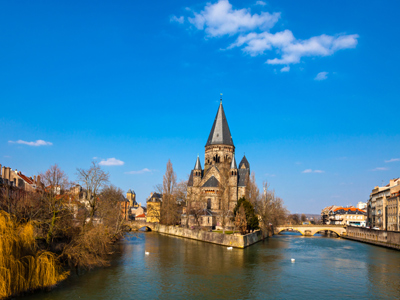
World War One Aftermath: 1919 - Paris Peace Conference - Aims Of The "Big Three"
World War One and its aftermath is amongst the topics studied in GCSE History and one aspect looked at is the peace settlements and treaties signed after the war's end. This is the first of four quizzes on that subject and it looks specifically at the Paris Peace Conference and the aims of the three main powers - Britain, France and the USA.
After the end of the fighting in World War One, came the terms for peace. Britain, the United States and France all had different aims as they assembled near Paris for the peace conference of January 1919, following the Armistice signed by Germany in November the previous year. US President Wilson favoured a conciliatory deal, but France was out for revenge. Britain's stance was somewhere between the two.
See how much you know about the Paris Peace Conference, which sought to bring World War One officially to an end, in this quiz.
Ready for more?
not all...
quizzers. Try to win a coveted spot on our Hall of Fame Page.







